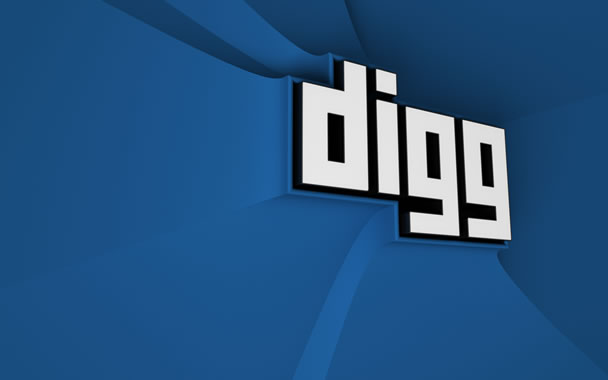 There’s been mounting concern for Digg after massive staff cuts and the exit of some top-level execs. Digg has never been able to recover from the major site redesign it underwent last year, and users have been slow to return to the once-beloved site, instead defecting to competitors like Reddit. Now, the straw that may break the proverbial camel’s back is the exit of formerly impassioned founder Kevin Rose.
There’s been mounting concern for Digg after massive staff cuts and the exit of some top-level execs. Digg has never been able to recover from the major site redesign it underwent last year, and users have been slow to return to the once-beloved site, instead defecting to competitors like Reddit. Now, the straw that may break the proverbial camel’s back is the exit of formerly impassioned founder Kevin Rose.

But Rose hasn’t just grown weary of using Digg – he’s grown weary of running it. According to a follow-up TechCrunch claim (which is being backed up by other media outlet as well), Rose has resigned from the company. Rose took a back seat about a year ago when he stepped down as CEO, and now it’s sounding like he’s entirely wiping his hands of the whole sorry mess.
Digg has had its ups and downs. It began a beloved and user-friendly site, that all-too-soon dwindled into a shadow of its former self. The site was this close to being acquired by Google as well, which could have determined for it a very different future – but at the last second the Mountain View company abandoned the $200 million deal.
And now Digg’s future hangs by a string. Will it be acquired and reenergized, or will Rose’s desertion be its plank walk?


